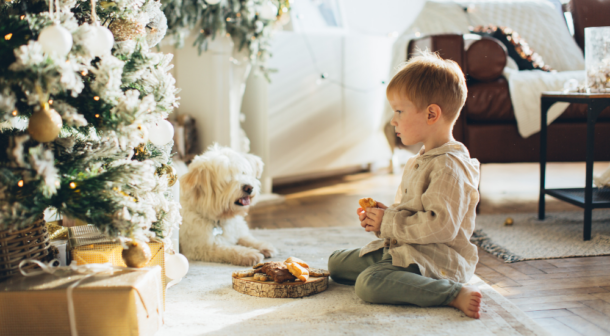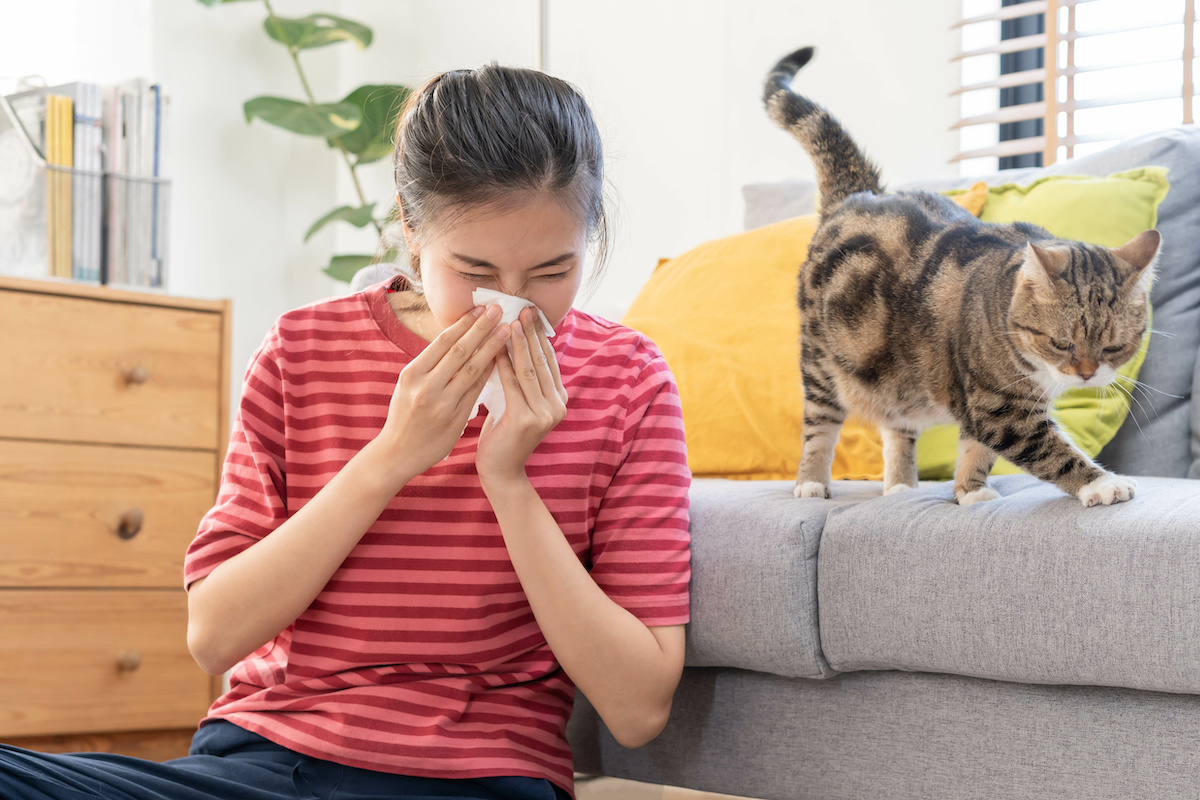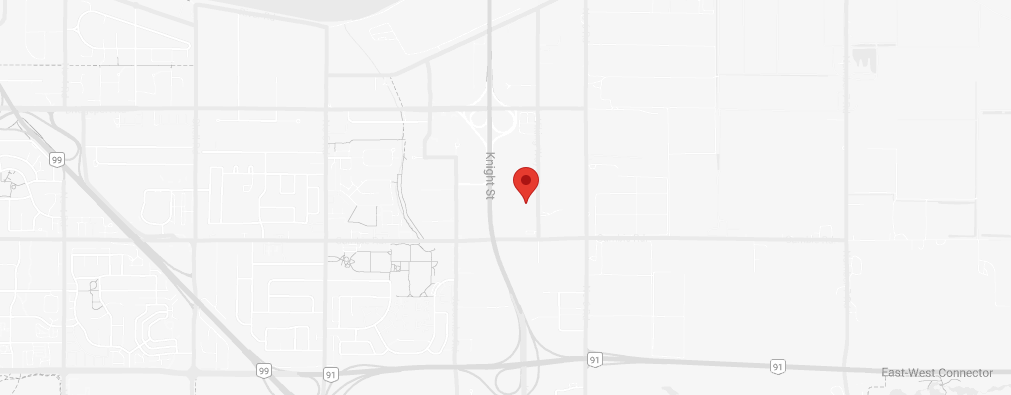Symptoms of Mould Exposure in Children and Pets

Exposure to black mould can cause serious health issues in the long term. Children and pets are found to be more vulnerable to mould-related illnesses, and within this article, we will highlight what some of those symptoms look like.
This article offers you the following information:
- How mould affects children and pets
- What to do if children and pets exhibit symptoms of mould exposure
- How to prevent mould exposure from occurring
The Impact of Black Mould on Children
Inhalation, ingestion, or skin absorption of mould spores can affect a child’s health. The CDC links indoor black mould exposure to respiratory illness in healthy children. It may also trigger asthma symptoms, especially in those with a family history of asthma.
What Are the Signs of Mould Exposure in Children?
Children allergic to mould may experience sneezing, runny noses, itchy eyes, wheezing, and coughing. Exposure can also cause skin rashes, eye irritation, and headaches. Asthma symptoms like wheezing, coughing, chest tightness, and shortness of breath are common in children with mould exposure.
Choosing the Right Doctor for Mould Exposure in Children
The CDC suggests starting with a family doctor who may refer you to a specialist. Allergies are treated by allergists, infections by infectious disease doctors, and lung issues by pulmonary specialists.
How Does Black Mould Affect Pets?
Pets can be affected by black mould exposure like their human counterparts: inhalation, ingestion, or skin absorption of mould spores. Symptoms of black mould exposure in pets may include sneezing, runny nose, cough, wheezing, difficulty breathing, pulmonary hemorrhage, and eye irritations.
Keep your pet away from mouldy areas within the home, and food that has been compromised, in order to avoid illness. If you think your pet has been exposed to black mould, take them to the vet as soon as possible. Learn more about the dangers of mould to pets.

Common Black Mould Locations in Homes
Black mould thrives in warm, humid places such as basements, bathrooms, and kitchens. Make sure there are no water leaks that can cause water damage to your property to avoid mould growth.
Other mould prevention tips include keeping the humidity in your house between 40% and 50% and using fans and dehumidifiers. Here are more mould prevention recommendations.
What Should I Do if I Find Mould on My Property?
If you see mould in your home, the CDC recommends that you clean up the mould immediately and fix the moisture problem that caused the mould growth.
To learn more about dealing with small-scale mould problems in your home, check out our tips to remove mould in the bathroom, basement, and kitchen.
However, if the mould problem is significant in scale (the affected area is larger than 10 square feet), hiring professionals to remove the mould is essential.
Contact PuroClean Restoration Richmond BC Experts for Mould Removal for Mould Removal from Homes and Businesses
The trained specialists at PuroClean Restoration Richmond BC can get rid of the mould quickly and efficiently using specialized equipment and techniques. We have the experience to safely and effectively remove different types of mould from all types of properties.
We offer restoration services that will return your property to its pre-mould condition. If you think you have a mould problem, don’t hesitate to contact PuroClean Restoration Richmond BC today!



